Rutherford County Breaks Ground on $15 Million Regional Forensic Center
Rutherford County officials celebrated a significant milestone this week as they broke ground on a new Regional Forensic Center, marking the beginning of a project that promises to transform death investigations and forensic services for the region. 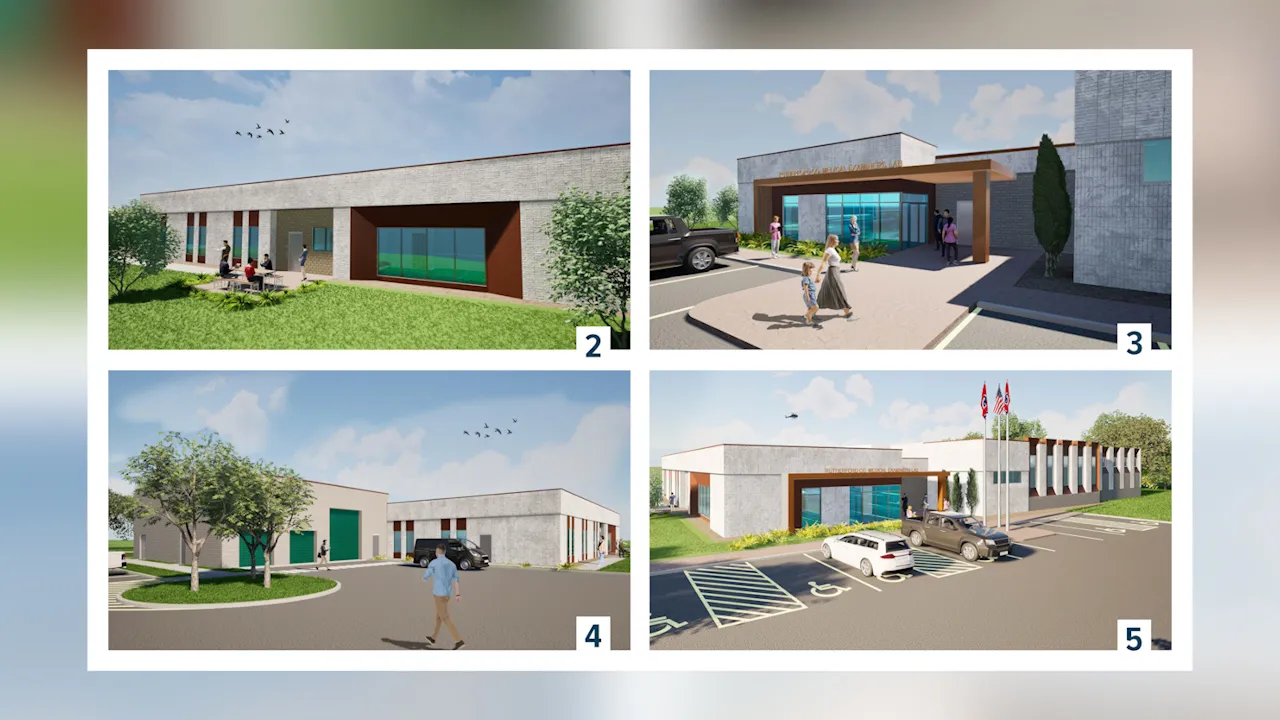 The $15 million, state-of-the-art facility will be constructed on a 10-acre campus at 206 I Street in Smyrna, representing a long-awaited solution to forensic service delays that have affected families and law enforcement for years.
The $15 million, state-of-the-art facility will be constructed on a 10-acre campus at 206 I Street in Smyrna, representing a long-awaited solution to forensic service delays that have affected families and law enforcement for years.

A Community Effort Years in the Making
Mayor Joe Carr joined County Commissioners, municipal officials, representatives from Congressman
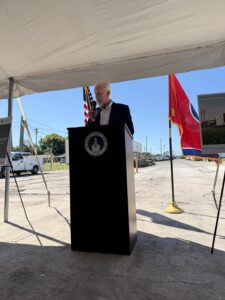
Scott DesJarlais’ office, members of the Tennessee Delegation, and various department heads at the ceremonial groundbreaking. Among the attendees was Jamie Dickerson, mother of April Holt, representing families who have experienced the challenges of delayed forensic services firsthand.
The project received overwhelming support from the County Commission earlier this year, passing with a decisive 17-3 vote. This approval came nearly a year after the Tennessee Department of Health identified an urgent need for a sixth regional forensic center and endorsed Rutherford County as the ideal location in their formal feasibility study.
“Rutherford County is the fourth largest county in Tennessee, and we are in dire need of better control of the forensic services provided to law enforcement agencies from a quality and financial standpoint,” Mayor Carr explained. “Outside of the metro counties, Rutherford County orders the highest number of autopsies of any Tennessee county.”
”We’re finally here folks. This new $15 million center will 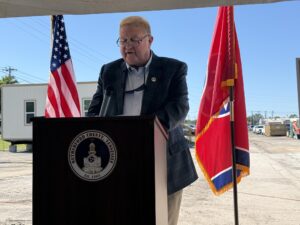 assist families who have been heartbroken by loss and waiting for answers. Those answers will arrive much sooner with the new $15 million forensic center. I want to thank everyone for working together and seeing this project come to fruition,” said Rutherford County Commissioner Carl Boyd of District 12.
assist families who have been heartbroken by loss and waiting for answers. Those answers will arrive much sooner with the new $15 million forensic center. I want to thank everyone for working together and seeing this project come to fruition,” said Rutherford County Commissioner Carl Boyd of District 12.
Addressing Critical Service Gaps
The need for this facility has been recognized by county leadership for over 15 years. Both current Mayor Joe Carr and former Mayor Bill Ketron have long advocated for local forensic services, citing significant challenges faced by Rutherford County families and law enforcement agencies.

Currently, the county relies on Nashville’s Middle Tennessee Regional Forensic Center, which serves 60 counties and faces overwhelming demand. This arrangement has created substantial delays for families awaiting autopsy results and has required law enforcement officers to travel to Nashville, limiting their ability to participate effectively in critical investigations.
Sheriff Mike Fitzhugh emphasized how the new facility
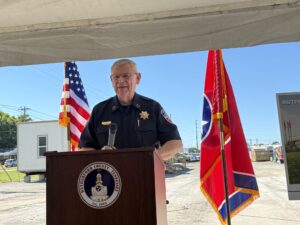
will transform law enforcement operations: “The Forensic Center will allow the Rutherford County Sheriff’s Office to effectively and efficiently investigate crimes in Rutherford County resulting in a death. One of the most important aspects of a death investigation is effective and expeditious communication with our investigative partners and, most importantly, with the families of the victim.”
A Modern, Comprehensive Facility
The new forensic center is designed with capacity to handle up to 1,000 autopsies annually, significantly reducing the strain on Nashville’s overburdened facility. The 10-acre campus will integrate with other county services, creating a comprehensive government complex that includes EMS services, the County Clerk’s Office, and a convenience center near Weakley Lane.
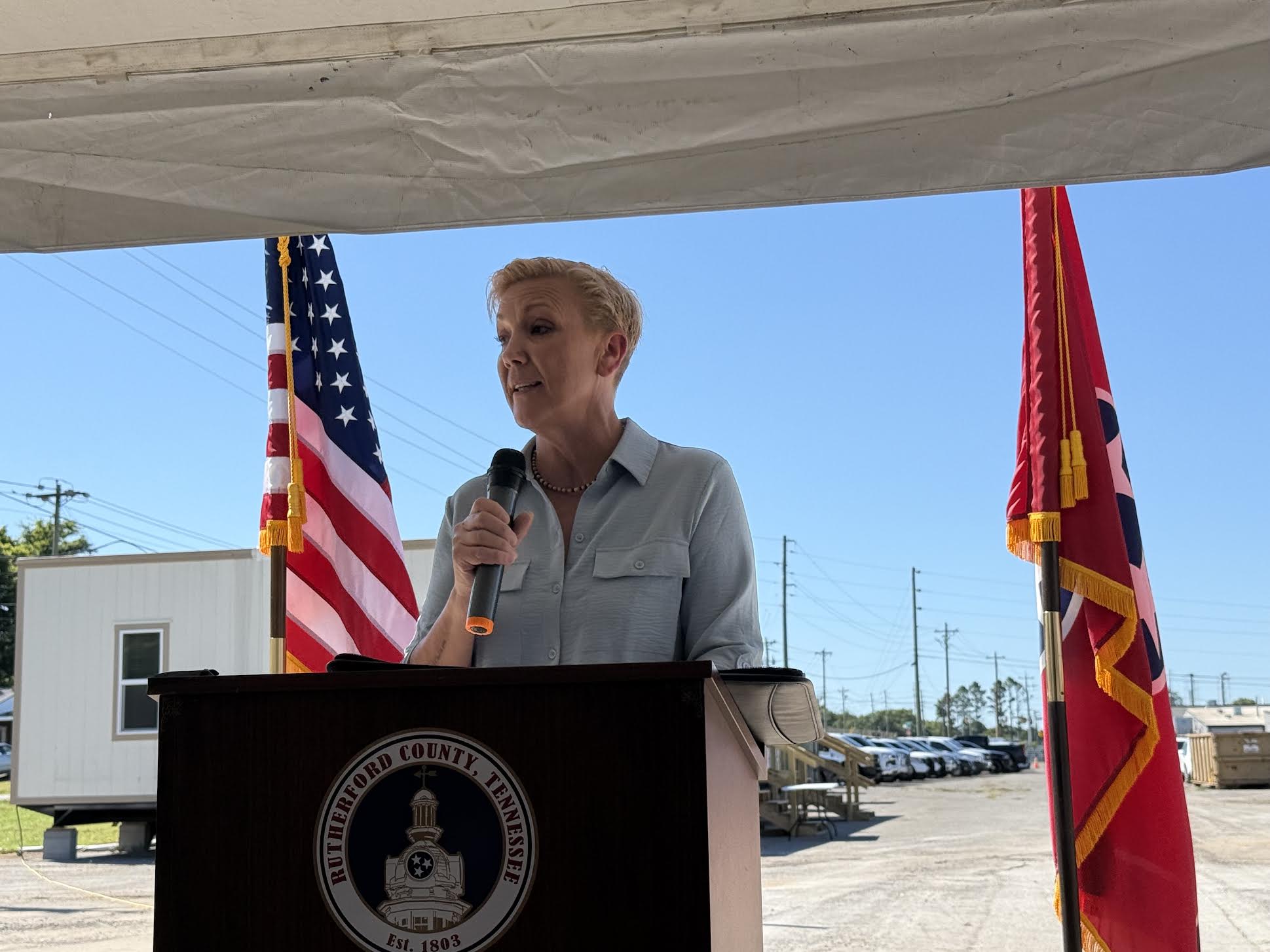
Denise L. Martin, JD, F-ABMDI, Supervisor of Death Investigations for Rutherford County EMS/Medical Examiner’s Office, highlighted the broader impact: “Professional death investigation and medical examiner investigation are essential public services that should be directly accountable to the citizens they serve. The new forensic center will improve efficiency in death investigations, reducing delays in communication and offering critical support to grieving families.”
The facility is also planned to serve as an educational hub, providing training opportunities for medical and forensic students, law enforcement officers, first responders, and judicial professionals—resources that are currently limited in the region.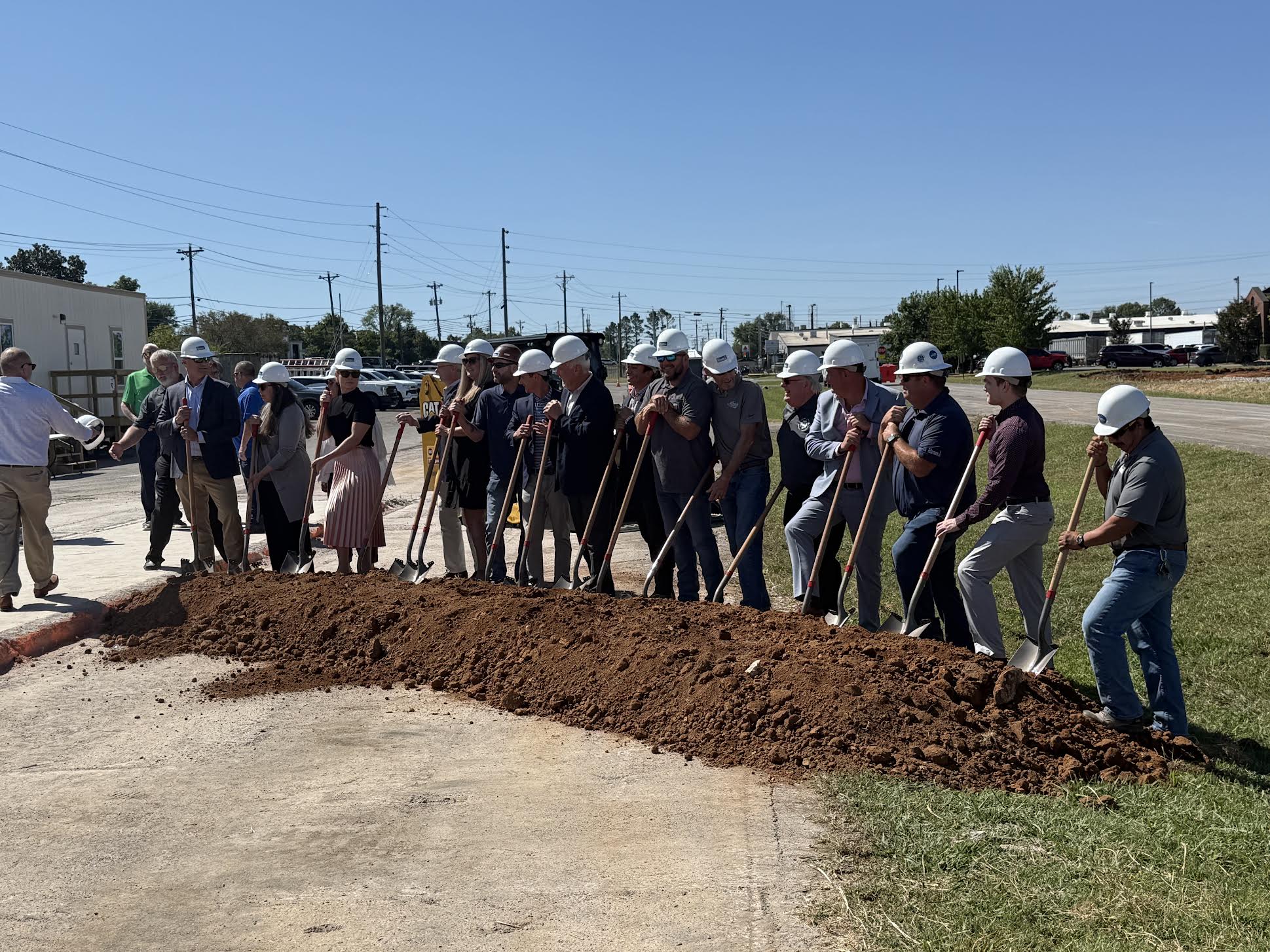
Financial Responsibility and Future Sustainability
One of the project’s most notable aspects is its funding structure. The entire $15 million cost will be covered through county reserves, requiring no new taxes or additional debt for taxpayers. County officials anticipate that the center could become self-sustaining by offering services to surrounding counties for a fee, potentially creating a revenue stream that benefits the broader region.
Commissioner Allen McAdoo, representing District 18, supported the project based on personal understanding of its necessity:
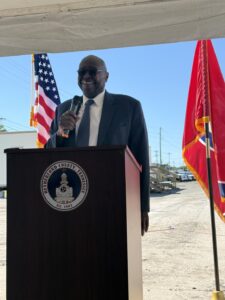

















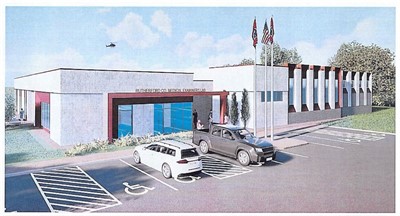


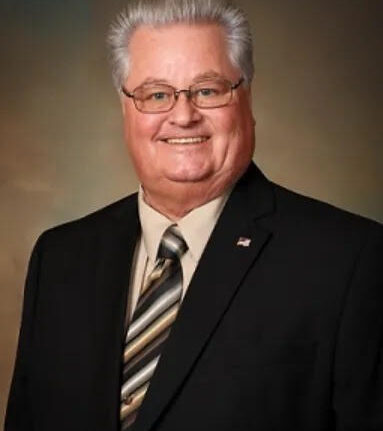
Leave feedback about this